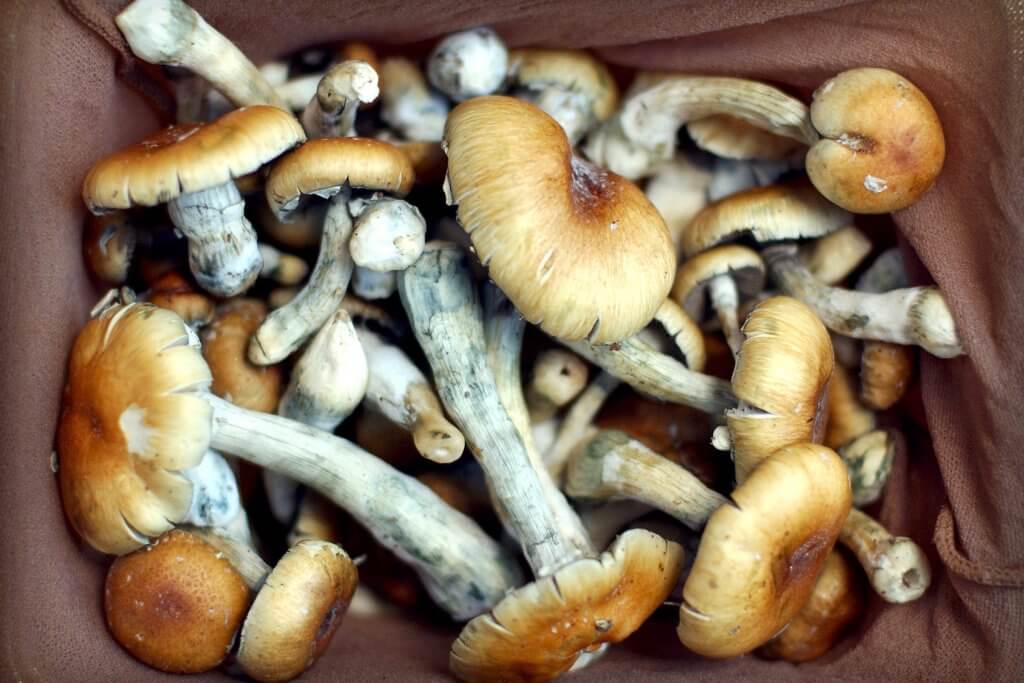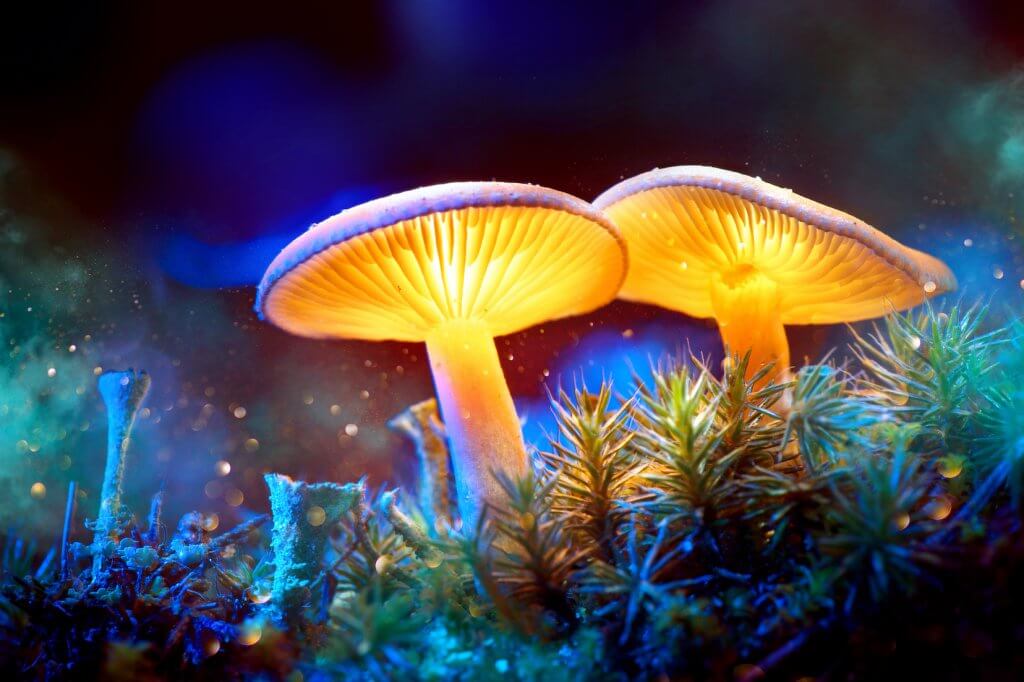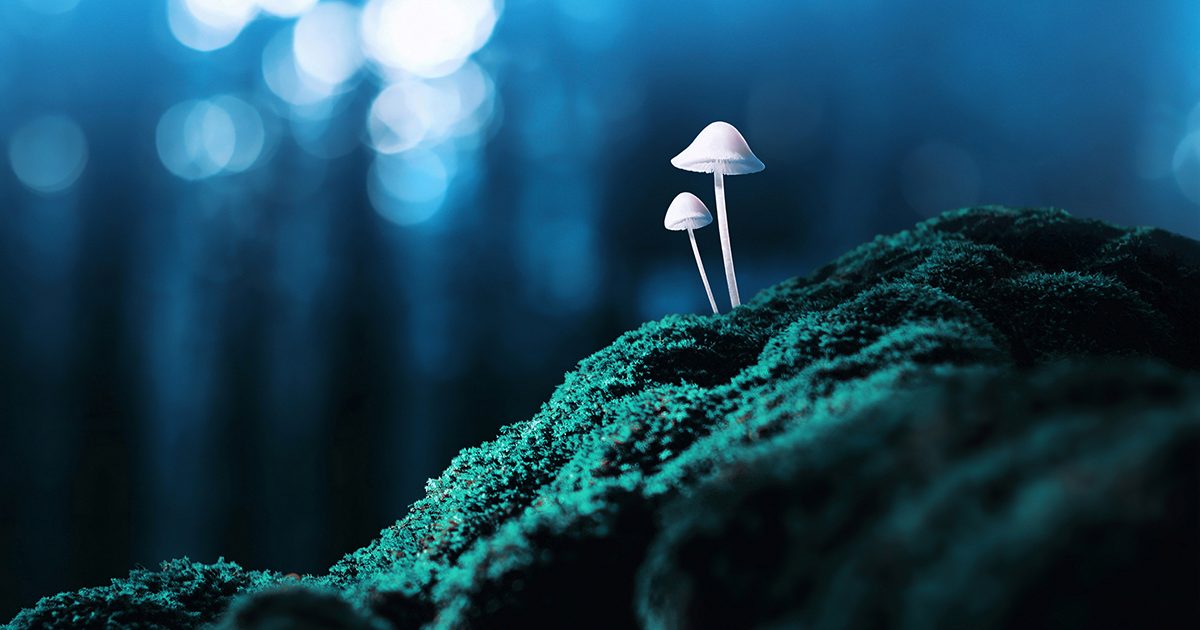Combating Anxiety & Depression With Psychedelic Drugs
- It is not uncommon for cancer patients to experience anxiety and depression, but could psychedelic drugs help combat those feelings? Researchers conducting a clinical trial in Utah are hoping to answer that question.
- The research team will see if psilocybin (the active ingredient in magic mushrooms) in combination with group psychotherapy can safely help those with mental disorder symptoms.
- According to the Anxiety and Depression Association of America, anxiety affects 40 million adults in the U.S. from 18 and up, making it the most common mental illness in the country. And nearly 50% of cancer survivors say they experience symptoms of anxiety. SurvivorNet experts weigh in on how to combat these feelings.
Dr. Anna Beck, an oncologist and director of end-of-life care at Huntsman Cancer Institute in Salt Lake City, Utah, tells the local NPR station KUER-FM, "You can't throw medications for anxiety or depression at this kind of existential distress; you need something that's really kind of out of the box."
Read More
Study Details
It has been a few months (fall 2021) since the first group of study participants passed through the trial; Dr. Beck and her team, including Paul Thielking, who helped design Huntsman's psychedelic drugs trial and serves as the study's lead therapist, say they are still gathering data from that group.
"Even with one (psychedelic) dose, some people have transformational experiences that seem to shift their perspective on their life, their illness and on death and dying," Thielking tells KUER of the benefits of psychedelic drugs.
However, they shared with KUER what some participants said they experienced: "The two words I hear most often (are) powerful and indescribable," Dr. Beck says.
Each person in the trial was given a high dose of magic mushrooms 25 milligrams and sat with their individual therapist while music played in the background. The study participants also wore black-out eye masks to help with an "inward-directed experience."
Psychedelic Drugs & Their Limitations
This is not the first time researchers have set out to prove that psychedelic drugs could help combat anxiety and depression. In fact, one study published in 2020 found that psychedelic drug treatment reduced anxiety and depression in a group of cancer patients nearly five years after one dose.
"These findings suggest that psilocybin-assisted psychotherapy holds promise in promoting long-term relief from cancer-related psychiatric distress," the study reads.

However, there are limitations to using psychedelic drugs in the medical world. The major limitation is that the passage of the Controlled Substances Act in 1970 listed psychedelic drugs as Schedule 1 drugs, which is the most restrictive class of drugs. Psychedelic drugs remain a Schedule 1 drug even today. Because of this, psychedelic drugs are illegal to use, except in the clinical trial space. In order to be used in a clinical trial, the U.S. Food and Drug Administration must approve their use.
If Dr. Beck and her team succeed in finding a link between treating anxiety and depression with psychedelic drugs, there is still a major obstacle standing in the way of making this treatment option available to the general public.
Combating Anxiety & Depression Due to Cancer
The first conversation you have with your oncologist after receiving a cancer diagnosis can definitely be overwhelming, to say the least.
"Depression and anxiety are (the) worst at the beginning," Dr. David Wise, a medical oncologist at NYU Perlmutter Cancer Center, previously told SurvivorNet. "This is largely because there is no plan in place yet."
Adjusting to Your New Normal After a Cancer Diagnosis
According to the Anxiety and Depression Association of America, anxiety affects 40 million adults in the United States from 18 years old and up, making it the most common mental illness in the U.S. Furthermore, nearly 50% of cancer survivors say they experience symptoms of anxiety.
In a previous interview with SurvivorNet, Dr. Samantha Boardman offered practical tips on how to manage anxiety (as psychedelic drugs cannot be used in the recreational setting). One is a simple exercise that starts with drawing four columns on a piece of paper.
"I'll ask patients to … write down what I don't know, what I do know, what I can't control, and what I can control," she says. From there, "a helpful way to dial down their anxiety" involves "trying to move as many items as possible into what they do know and what they can control."
Handling Fear When You Get the Diagnosis
A second strategy that Dr. Boardman endorses is seeking out the experience of flow.
"… anxiety is unbelievably stressful," Dr. Boardman says. "And probably one of the best antidotes that I think psychology can offer patients is to experience flow." Dr. Boardman defines flow as "that experience when you are so lost in an activity that you lose a sense of time."
Contributing: Morgan Hines & Joe Kerwin
Learn more about SurvivorNet's rigorous medical review process.


